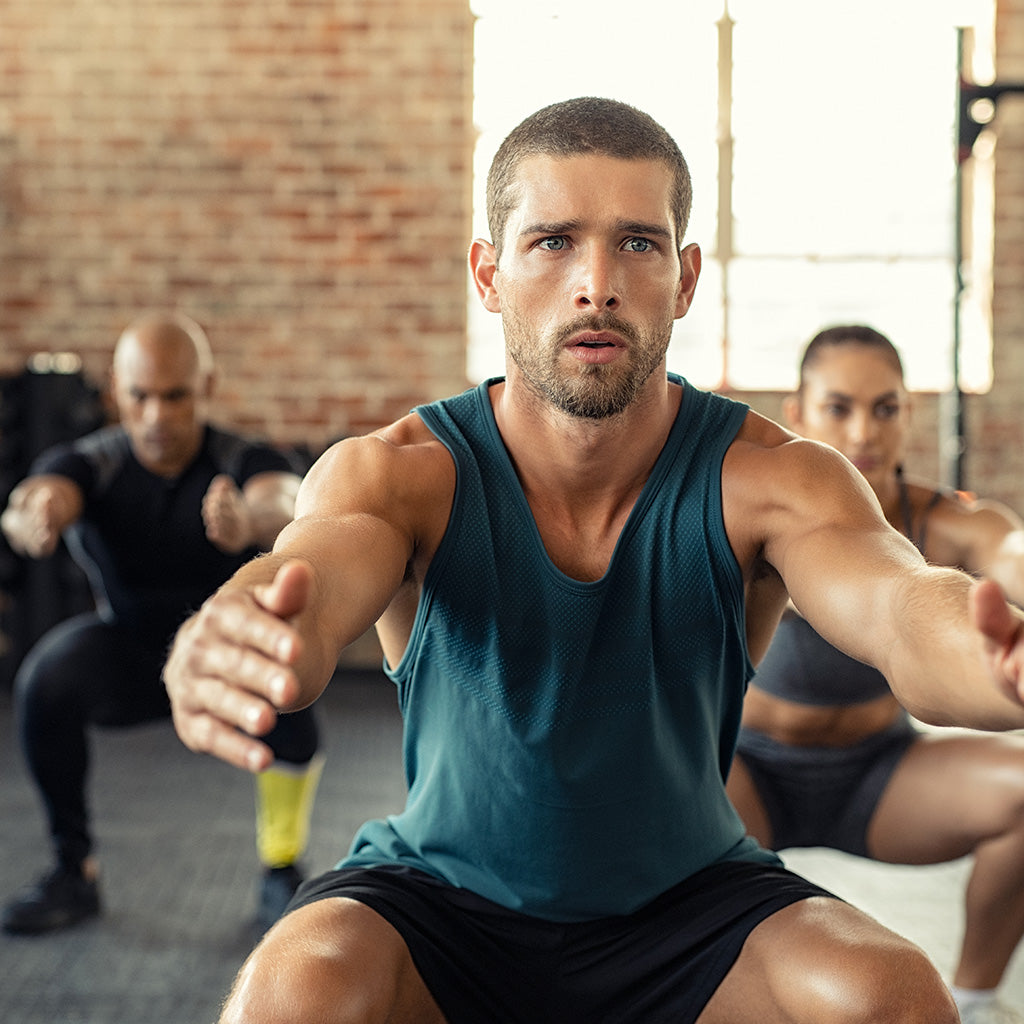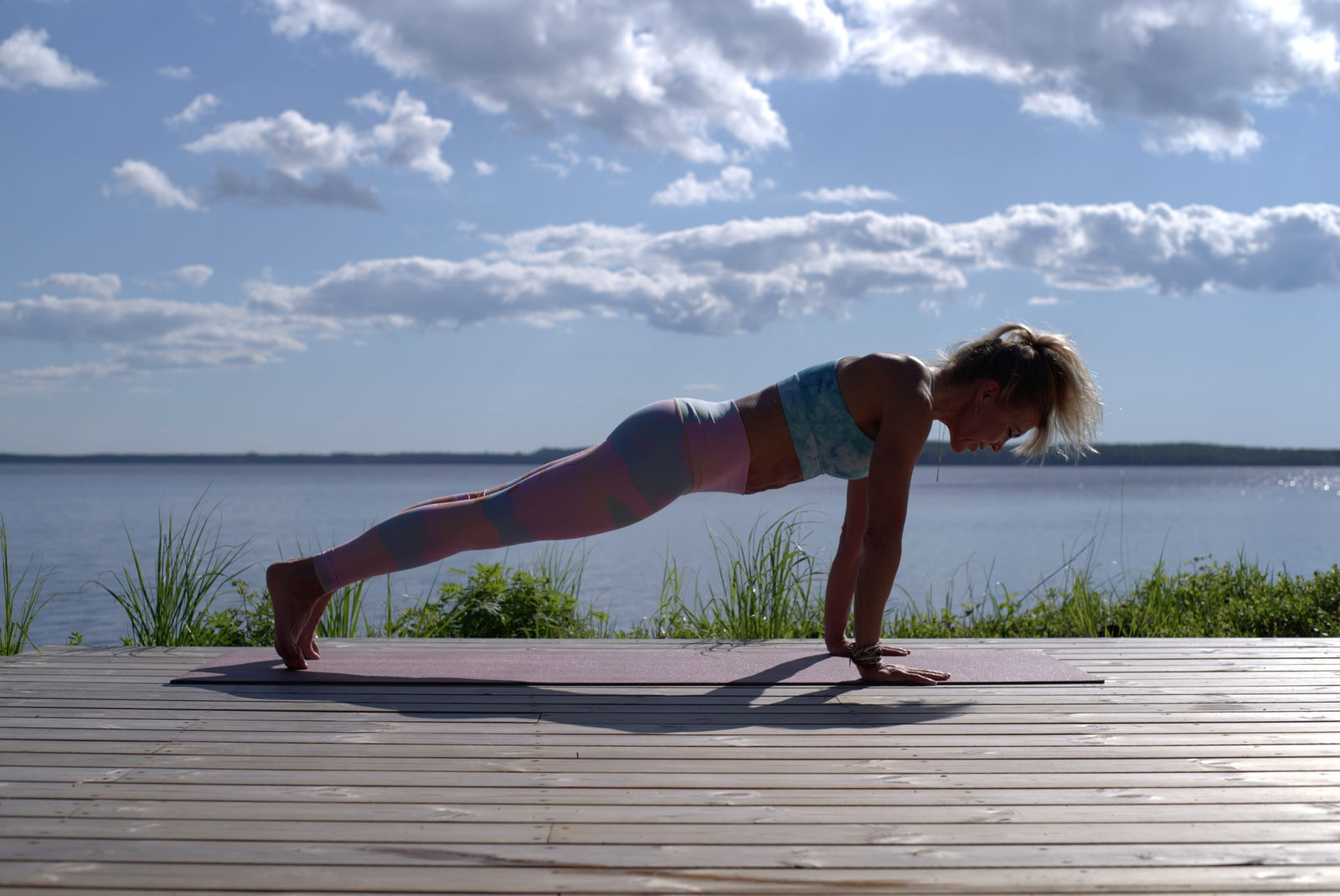A woman's hair is her crowning glory.
The 15 billion dollar hair care industry in the United States is a reflection of this. [1] Many women spend hundreds of dollars a month on hair care products and services, just to achieve a Beyonce-like mane. Regular trips to the salon and home remedies alike, many women treat their hair care seriously to steer clear of those bald patches on the head.
Unbeknownst to many, there's one vitamin that can help maintain and rock long locks. And where to get it may be more common than they'd expect.
The ingredient we're talking about is biotin.
What is biotin?
According to Healthline: [2]
Biotin [or Vitamin B7] is a water-soluble vitamin that’s a part of the vitamin B family. It’s also known as vitamin H. Your body needs biotin to help convert certain nutrients into energy. It also plays an important role in the health of your hair, skin, and nails.
Biotin is sometimes known as Vitamin H. It stands for or "Haar und Haut", which are German words for "hair and skin." Makes total sense because biotin has been known for years as an essential ingredient for keeping a healthy hair!
In fact, many hair care products like shampoo, conditioner, creams, oils, and other biotin containing products claim that they can lead to full, thick and shiny locks!
While the jury's still out on whether biotin can treat hair loss [3], the dermatological and pediatric communities still consider it as a key ingredient for hair care. And that's because one of the symptoms for biotin deficiency is hair loss. Hence, taking more biotin can help people suffering from hair loss or thinning.
How much biotin do you need?
While the Food and Drug Administration has not set a recommended dietary allowance for biotin, experts have indicated the following dosage based on age: [2]
- 0 to 3 years: 10 to 20 micrograms (mcg)
- 4 to 6 years: 25 mcg
- 7 to 10 years: 30 mcg
- 10 years and above: 30 to 100 mcg
Pregnant women and nursing moms, as well as those trying to get pregnant, may need higher dosages.
As with anything health-related, it's best to consult with your doctor to know the right daily intake and avoid biotin deficiency.
What happens with biotin deficiency?
It's rare to fall short on biotin levels in the body, mainly because most of us get more than enough from our diet and gastrointestinal bacteria anyway! However, you will know if you're biotin deficient if you have: [4, 5]
- thinning of the hair
- red, scaly rash around the eyes, nose, and mouth
- brittle nails
- conjunctivitis
- experienced depression, lack of interest, hallucinations, and tingling in the arms and legs
- confusion or memory problems
- nausea and abdominal cramping
- muscle pain and cramping
The following are also more prone to lower levels of biotin:
- malnourished people or those who've experienced rapid weight loss
- pregnant and breastfeeding women
- those who've had long-term tube feeding
- smokers
- those who drink excessive amounts of alcohol
- those who are taking drugs such as carbamazepine and other anticonvulsants, antibiotics, or isotretinoin
- those who eat ridiculous amounts of raw egg whites
- those who are genetically biotin deficient
- gastrointestinal conditions that prevent the absorption of biotin
- gastrectomy or partial gastrectomy
- severe or chronic malnutrition, more common in people over 65 years, extreme athletes, and those with anorexia or bulimia
Where can you get biotin?
Getting (more than) enough levels of biotin is not at all difficult. In fact, you may already be having just the right amount in your body. But in case you're curious or wish to increase your biotin levels, here are the foods that are rich in vitamin B7 (or H however way you want to call it): [2, 5]
- Egg yolk
- Oats
- Wheat germ
- White mushrooms
- Spinach
- Cheese, brie
- Milk
- Pork
- Carrot
- Apple
- Tomato
- Beef
- Chicken
- Lettuce
- Organ meats, such as liver or kidney
- Nuts, such as almonds, peanuts, and walnuts
- Soybeans and other legumes
- Whole grains
- Bananas
- Cauliflower
If you think you're not eating enough of these foods, or simply just want to elevate the level of biotin in your body, you can also take supplements containing biotin. Especially if your goal is to achieve strong, luscious, full and shiny hair fast, you can take hair health and growth vitamins with high levels of biotin.
Conclusion
Nobody wants lifeless, thinning hair. But if you're noticing increasing bald patches or losing a lot of hair, or any of the symptoms for biotin deficiency above, then you may want to consult with your dermatologist and see if taking vitamins can help make your Hair Strong.
Sources
[1] https://www.statista.com/outlook/70040000/109/hair-care/united-states
[2] https://www.healthline.com/health/biotin-hair-growth
[3] https://medlineplus.gov/druginfo/natural/313.html
[4] https://www.verywellhealth.com/biotin-for-hair-growth-89236








